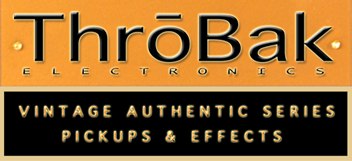lefty
New member
- Joined
- Aug 1, 2001
- Messages
- 1,544
I couldn't think of a good title for this question, so I just jump right in and see if I can frame the question successfully.
Suppose I'm playing over a 12-bar progression in A. Over the V chord in bar 9 I might do a little pentatonic run using notes from the Em pentatonic scale, like this:
e ----------------------------
B------------------------12-
G--------------12--14------
D----12--14----------------
A-----------------------------
E-----------------------------
Winding up on the B, which is the 5 of E. Say I shift the pattern down two frets and repeat it over the IV chord, this time as a Dm pentatonic, like this:
e ----------------------------
B------------------------10-
G--------------10*-12------
D----10--12----------------
A-----------------------------
E-----------------------------
Now the question: I've been told that the note I've starred (*), which is an F, the b3 of the Dm pentatonic (and the b6 of A), is a no-no in the key of A because it does not appear in the scale of A (or Am), is not diatonic to the key of A.
Is this "rule" correct? If so, why?
Suppose I'm playing over a 12-bar progression in A. Over the V chord in bar 9 I might do a little pentatonic run using notes from the Em pentatonic scale, like this:
e ----------------------------
B------------------------12-
G--------------12--14------
D----12--14----------------
A-----------------------------
E-----------------------------
Winding up on the B, which is the 5 of E. Say I shift the pattern down two frets and repeat it over the IV chord, this time as a Dm pentatonic, like this:
e ----------------------------
B------------------------10-
G--------------10*-12------
D----10--12----------------
A-----------------------------
E-----------------------------
Now the question: I've been told that the note I've starred (*), which is an F, the b3 of the Dm pentatonic (and the b6 of A), is a no-no in the key of A because it does not appear in the scale of A (or Am), is not diatonic to the key of A.
Is this "rule" correct? If so, why?



